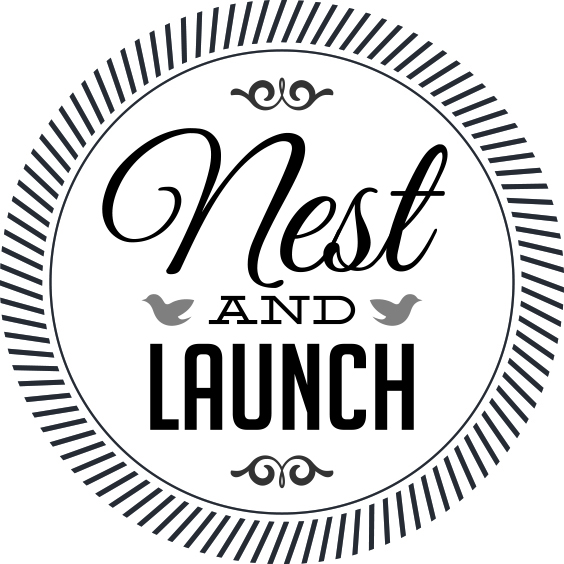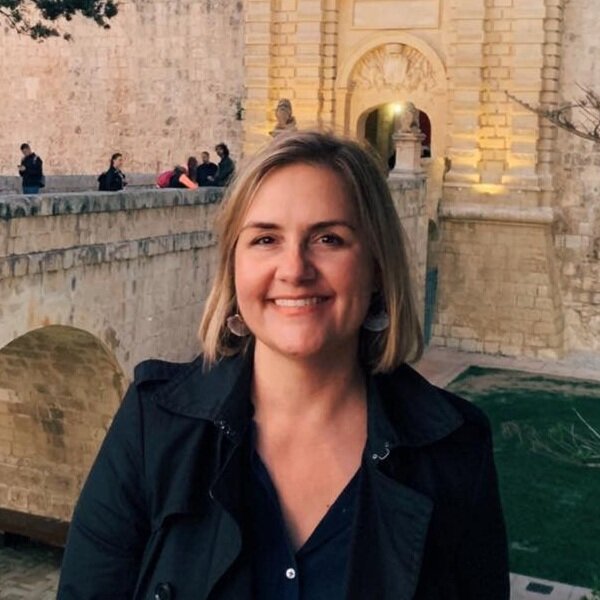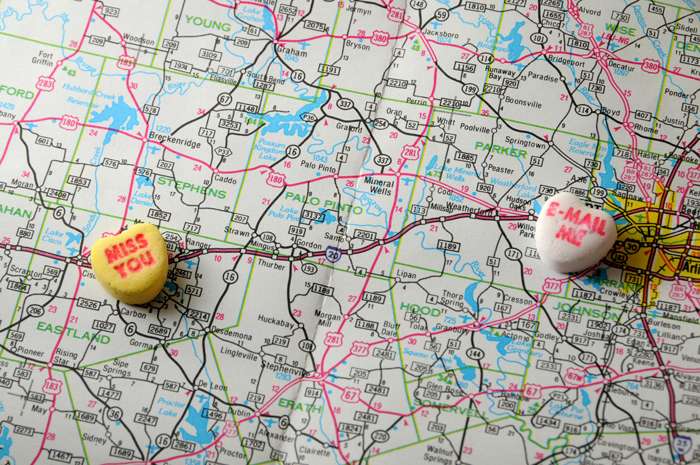Daring to (let your kids) fail
/Dare to Fail print by Lisa Mann Dirkes
There is a well-worn chapter in a book I love. The book automatically flips open to it, proof of the many times I have returned there for a pep talk. It's the chapter "The Blessing of Problems to Solve," from Wendy Mogel's fantastic parenting tome--drawn from both parenting research and Jewish traditional teachings--called The Blessing of a B Minus. I don't happen to be Jewish but that detail doesn't really matter here; the wisdom in the book transcends religious affiliation and speaks to the heart of parenting teens (and if you were a very early Nest & Launch reader, you might remember I also reviewed the book here).
A while back someone wrote in to us with a question about what to do when your child fails or is going through a rough patch: "I have awesome kids, but even so, sometimes they fail at something. It is bad enough when MY best isn't good enough, but I can hardly take it when their best isn't good enough for something they really want to do." I've started to draft several responses but then I realized that this chapter nails it and applies really well to the reader's question about how we as parents can respond to our children's problems and failures. Here are a few highlights:
"If we want to raise young adults who know how to solve problems, we must let them have problems to solve while they are still adolescents. Yet it's harder and harder to find parents willing to expose their children to difficulty. More often, parents keep their teens busy in adult-supervised activities so there is no time for trouble, or rush in to solve problems instead of leaving the solution in their teens' shaky hands...
"How to strike the right balance between appropriate guidance and restraint? The story of the Israelites' trip out of slavery in Egypt offers some clues.
"The book of Exodus describes the quality of God's presence during the Israelites' travels as a 'pillar of cloud by day...and a pillar of fire by night.' This beautiful image is a model for parents whose children are wandering in the wilderness of adolescence. Like God, you stand by, providing shade and light when needed, but mostly you stand back...you give him the freedom to make mistakes, even big ones.
I love that image of parenting--cloud and fire, shade and light. Mogel gives the following strategies for parents when their kids are faced with problems or failure (and each are described further in the book):
- Give them good suffering
- Wait it out
- Be empathic, not entangled
- Normalize setbacks
- Encourage them to enlist the aid of other adults
- Demonstrate confidence in your teen's problem-solving skills
- Distinguish dramas from emergencies
- When they create their own problems, let them experience the consequences
- Be a counselor, not a servant
"Our challenge as parents is to foster a loving attachment to teenagers' large spirits and ragged souls but stand slightly apart from their daily theatrics...the rhythms of parent-teen relationships change every day, which means you will succeed today and screw up tomorrow.
"Expect to be confused. Expect your sleep to be disturbed...Remind yourself, daily if you have to, that we serve our teens best not as active protectors or problem solvers but as tender, compassionate, composed listeners..."
Okay, friends, we're going to be trying out a MWF posting schedule for the next while so Sarah and I can each make a dent in our academic writing loads. In the meantime, we'll continue to share good finds and links on our Facebook page throughout the week. You can follow us by liking our page there. Okay, over and out.






















